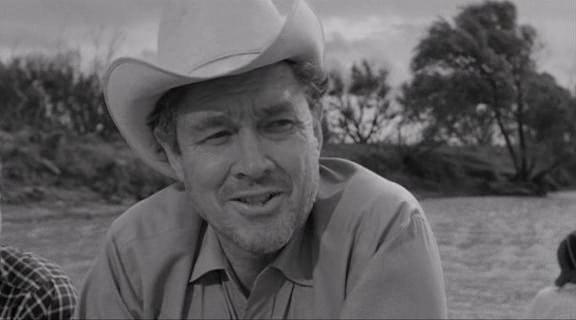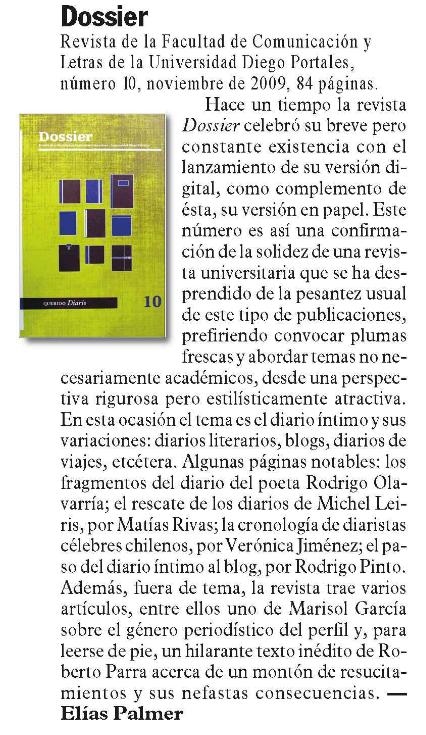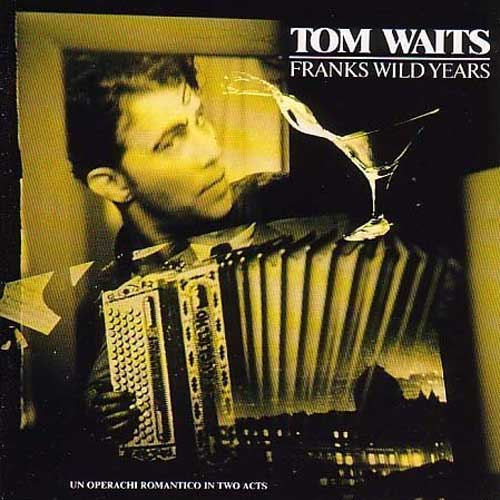
SAM “THE LION”: No creerías cómo ha cambiado esta tierra. La primera vez que la vi no había ni una sombra. Ni un higo. Esta tierra era mía, ¿sabías? La primera vez que bebió mi caballo aquí... fue hace más de 40 años. Supongo que te traigo hasta aquí porque me pongo sentimental recordando viejos tiempos.
Los viejos tiempos... solía traer aquí a una jovencita a nadar... hace más de 20 años. Fue después de que mi mujer se volviera loca. Mis hijos habían muerto. Supongo que yo y esa chica estábamos bastante locos y muy enamorados. Veníamos aquí a caballo y nadábamos desnudos.
Un día quiso cruzar nadando a caballo al otro lado, era una locura, pero lo hicimos. Me apostó un dólar de plata a que me ganaba. Y me ganó. Mi caballo no quiso meterse en el agua. Siempre estaba buscando cosas para hacer como ésa. Alguna locura... supongo que todavía tendrá ese dólar de plata.
SONNY: ¿Qué fue de ella?
SAM “THE LION”: Creció. Entonces no era más que una niña.
SONNY:¿Por qué no te casaste con ella cuando murió tu mujer?
SAM “THE LION”: Ya estaba casada. Ella y su marido eran jóvenes y desgraciados... igual que muchas parejas jóvenes. Pensé que cambiarían con los años... pero no ha sido así.
SONNY: ¿Estar casado es así?
SAM “THE LION”: No siempre. Sólo el 80% del tiempo.
El año que viene iremos a pescar a una laguna de verdad. Pensar tanto en el pasado no sirve de nada. Si ella estuviera aquí, volvería a volverme loco por ella, igual que antes, en 5 minutos. ¿No es ridículo? Bueno, la verdad es que siempre está bien enloquecer por una mujer como esa. Ser un saco de huesos decrépito, eso sí que es ridículo.




